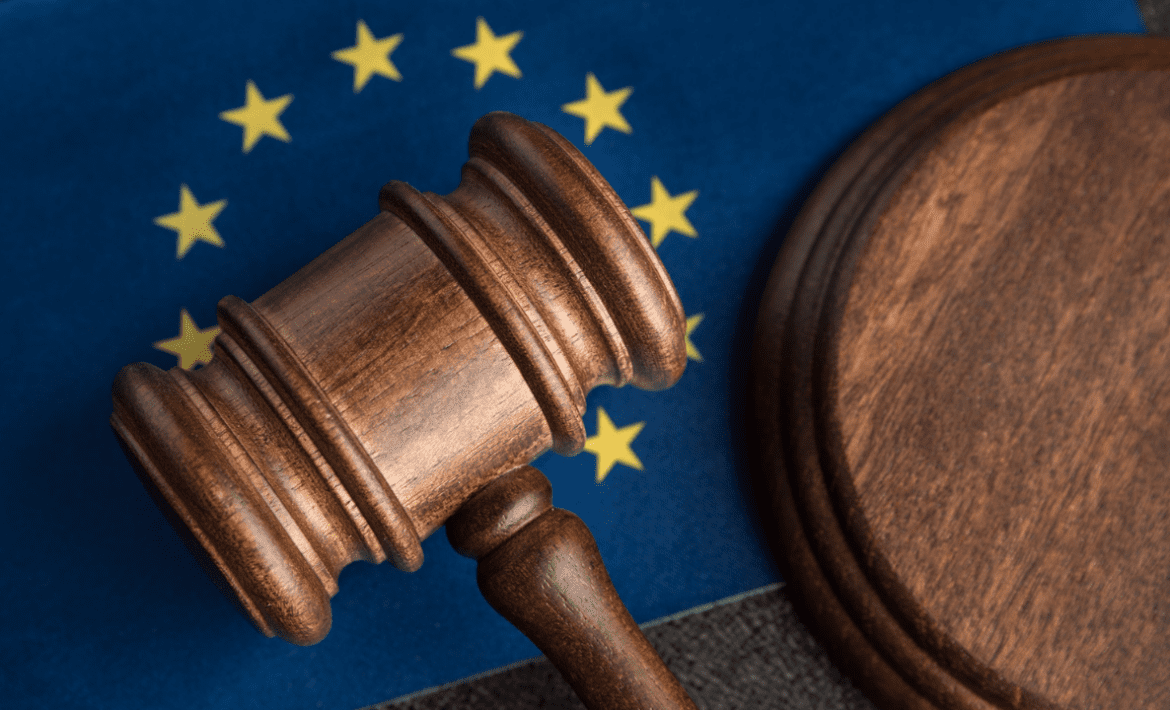Aphaia delivers a presentation on the new EU AI Act and the GDPR on 42Workspace in Rotterdam
Aphaia has opened its new office at 42Workspace in Rotterdam and had the chance to deliver the presentation “EU AI Act with GDPR fundamentals” to the Rotterdam tech community on 5th June. 42Workspace is the tech coworking space in Rotterdam, comprising a community of more than 40 startups and scale-ups providing digital services in















